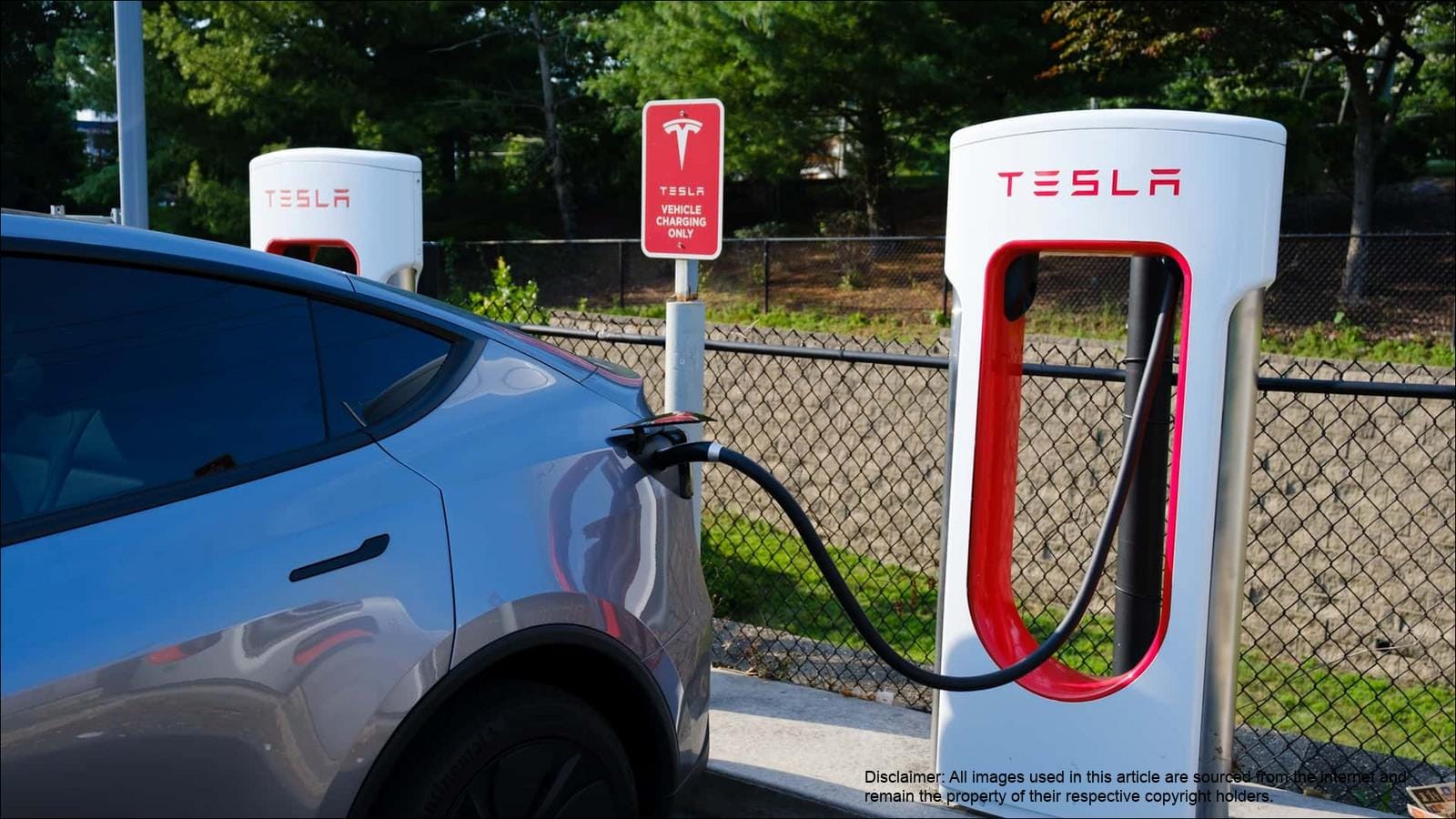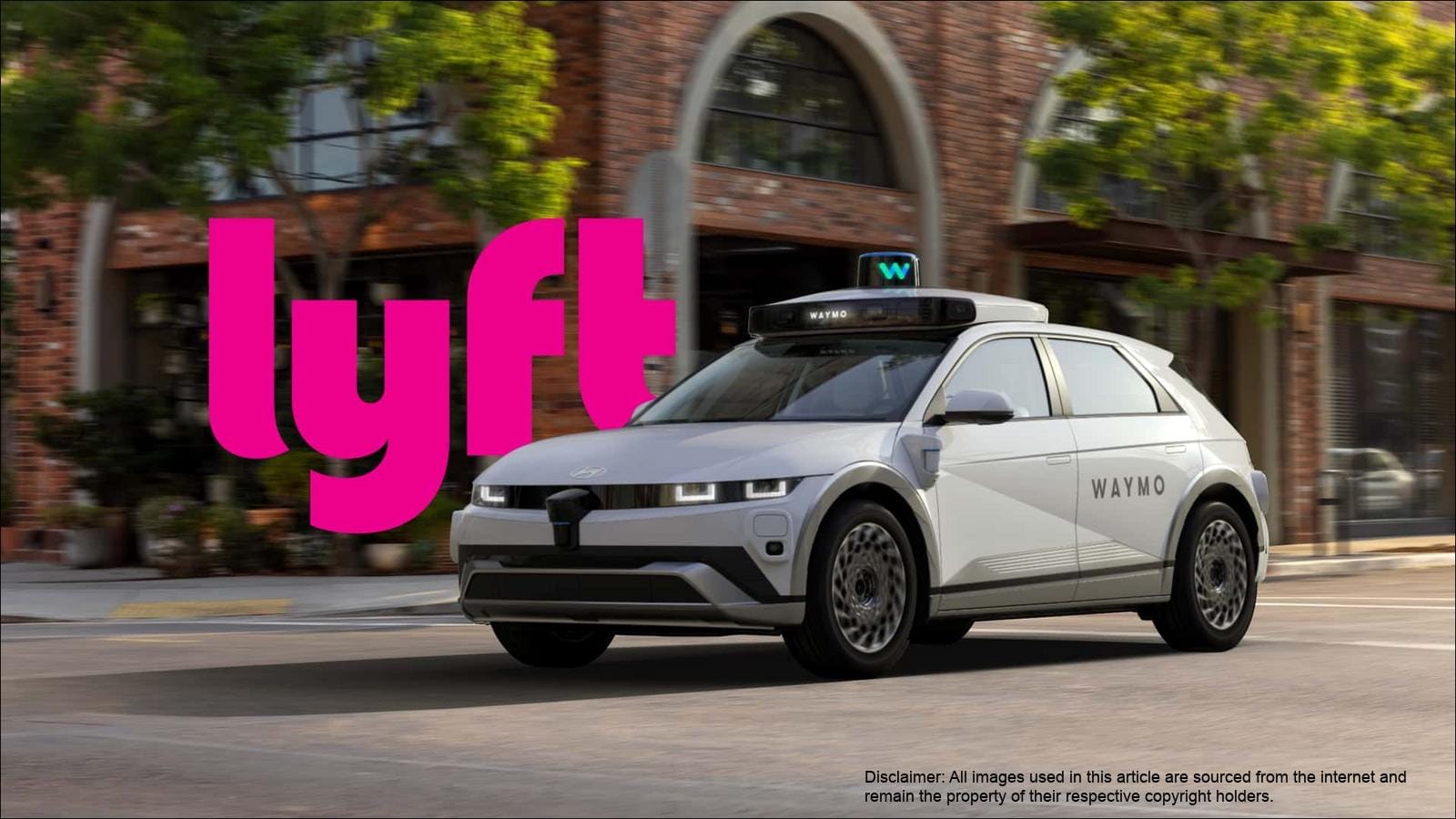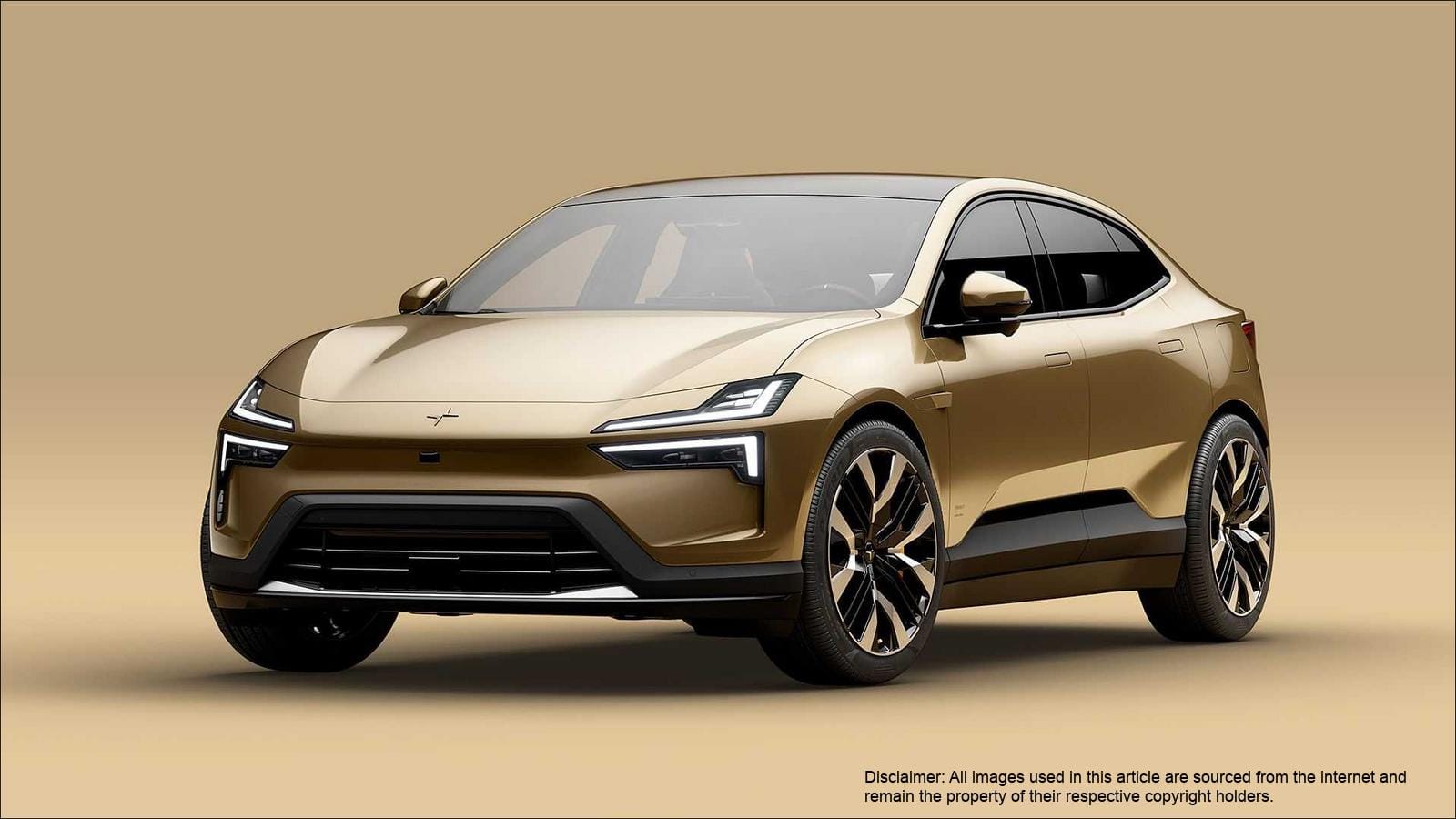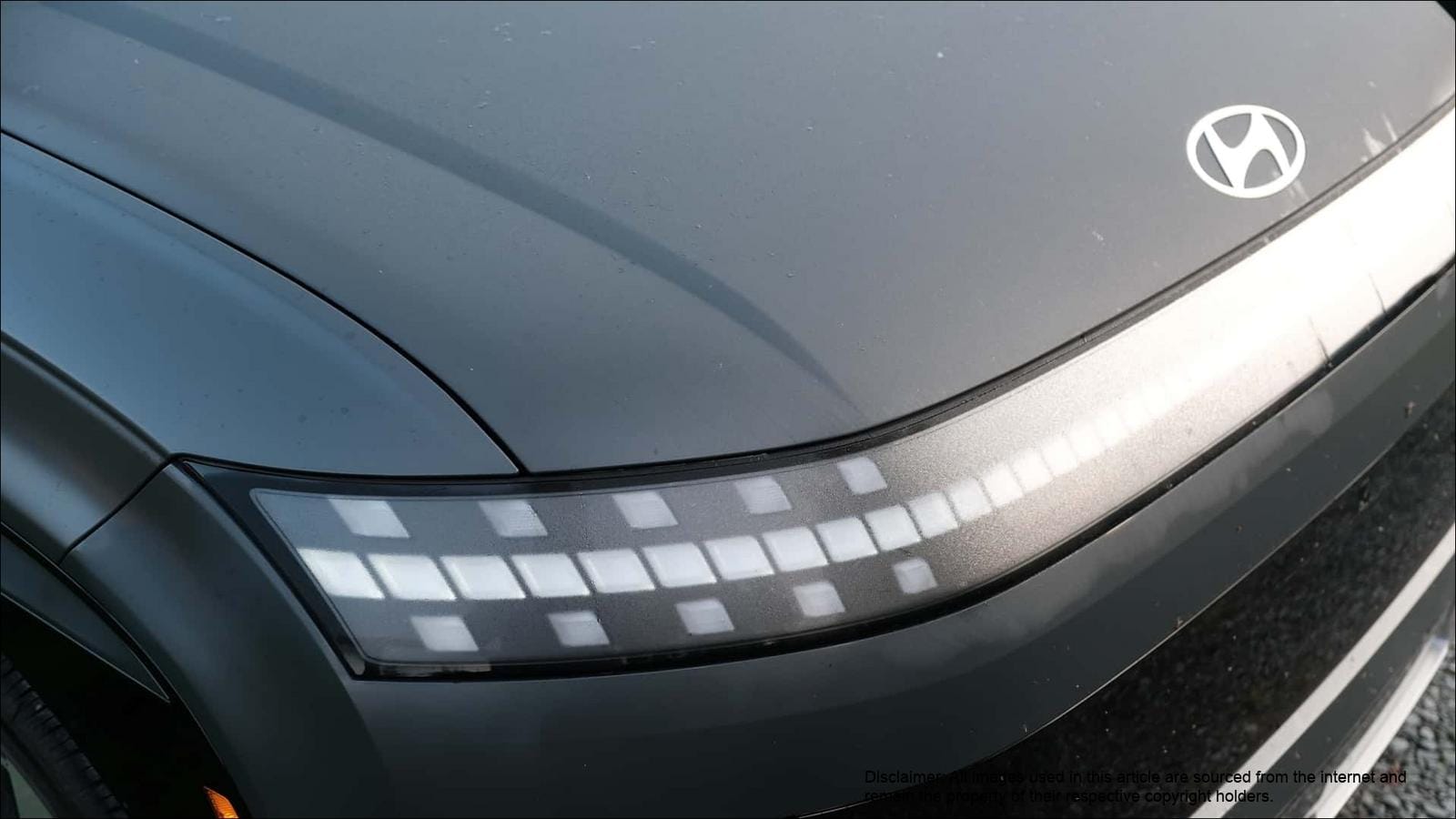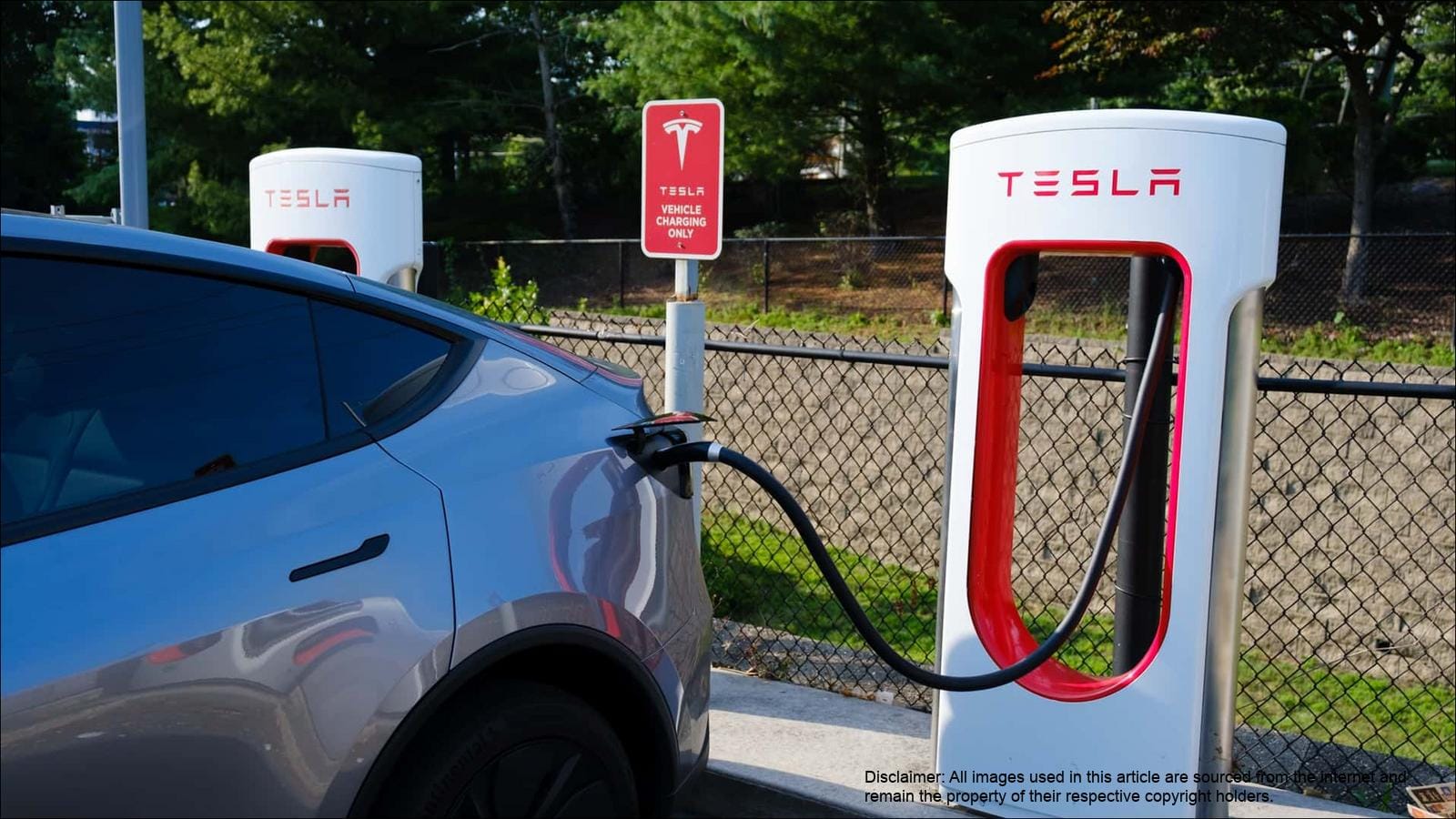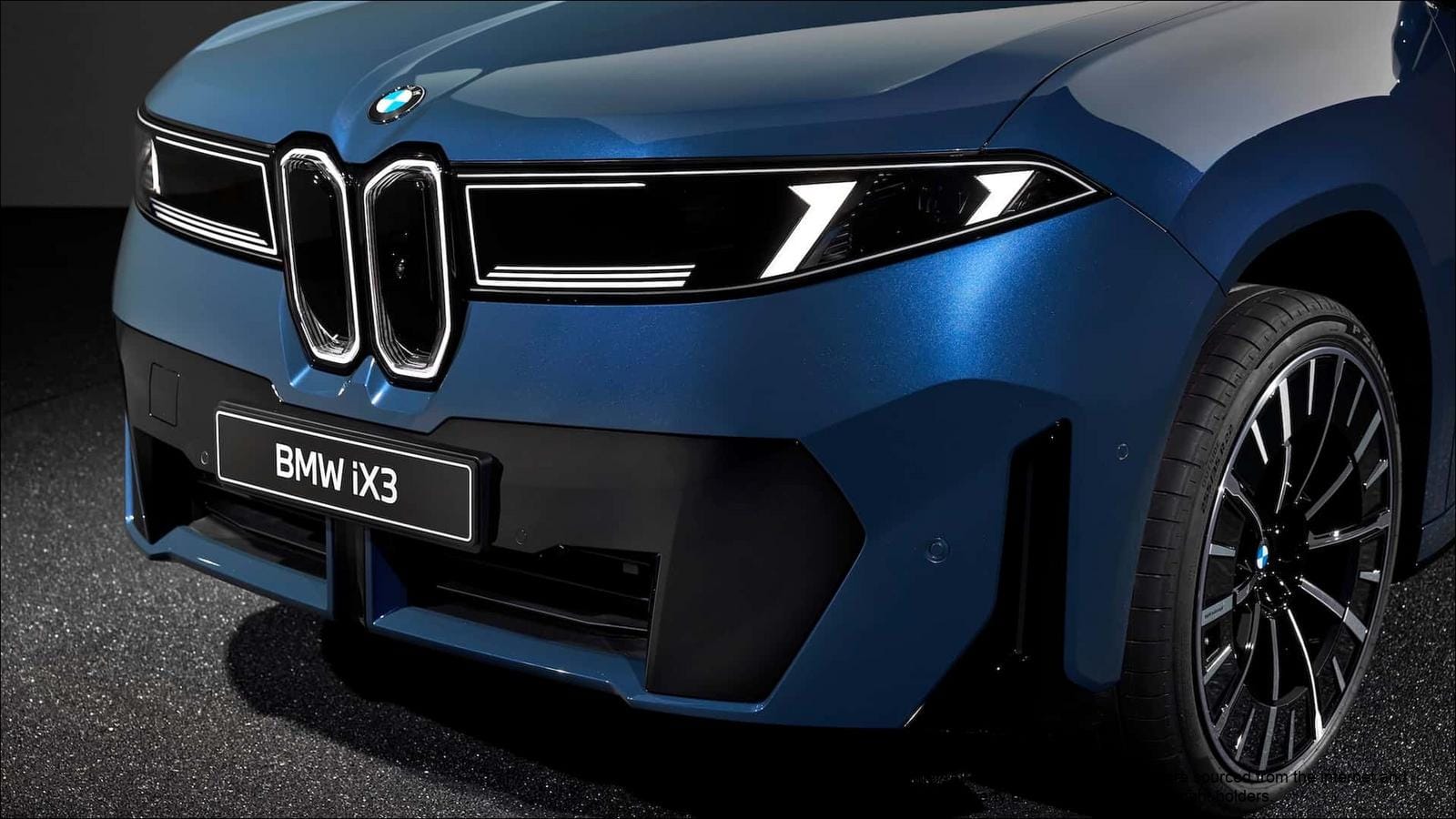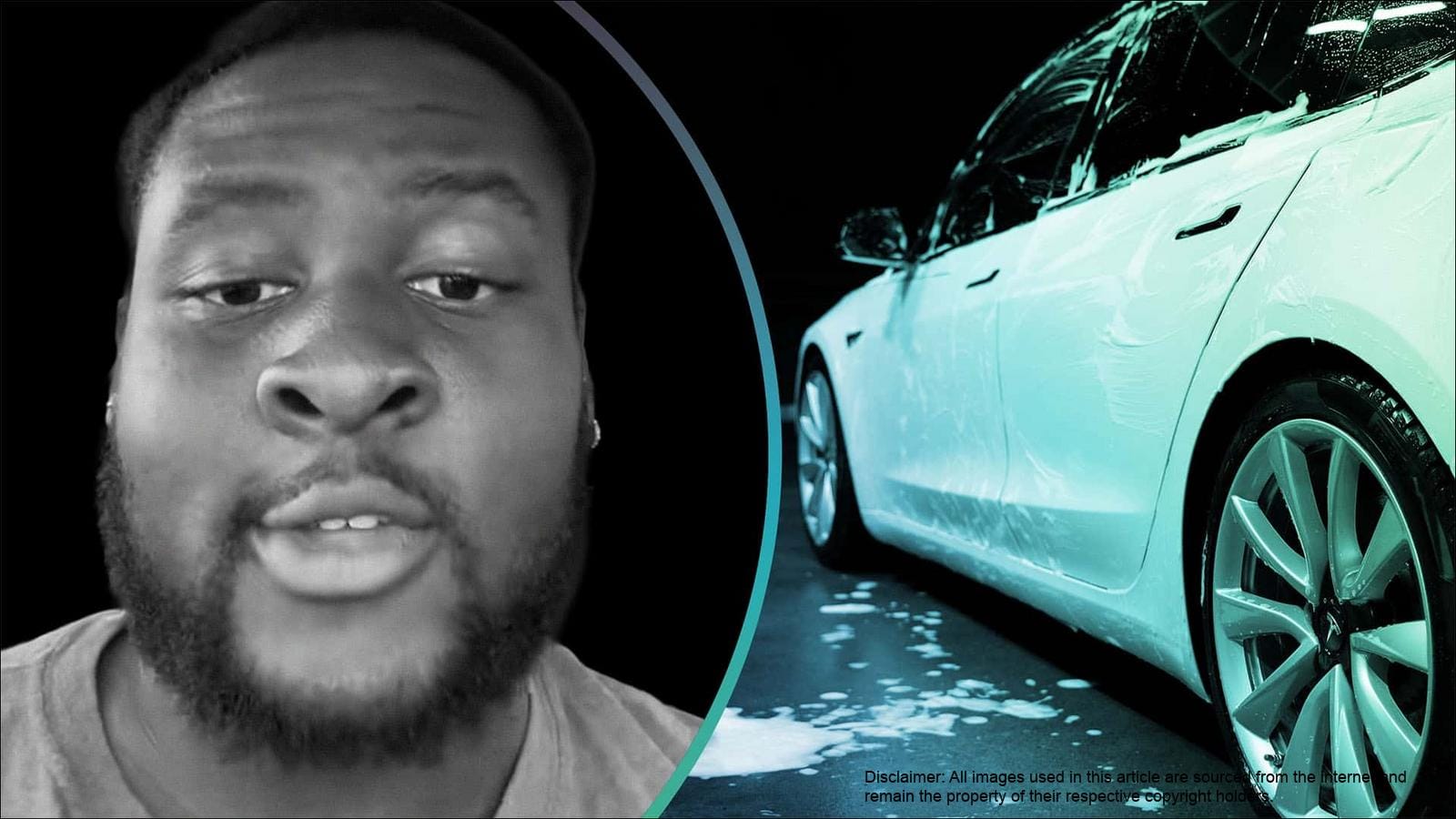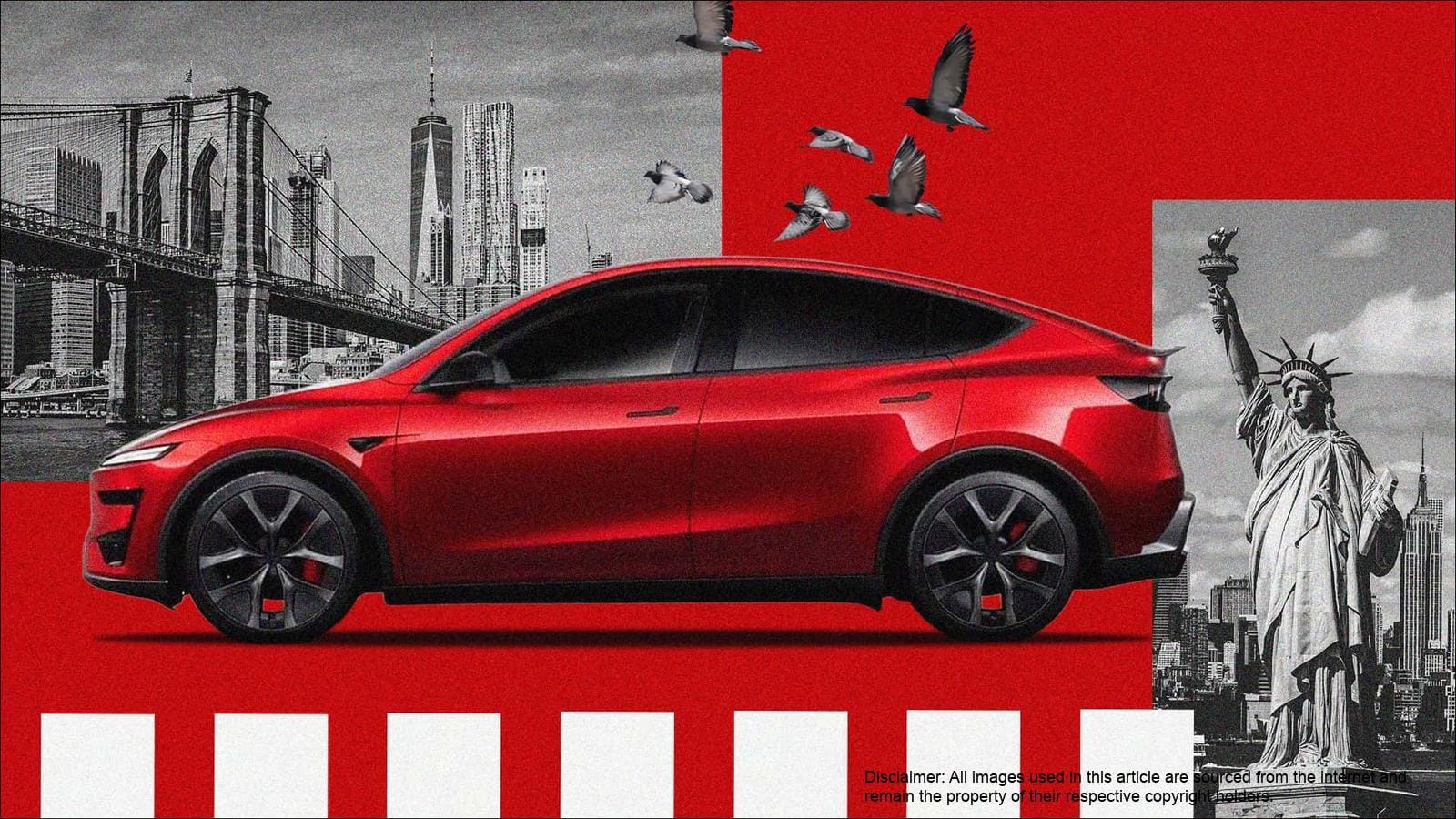Georgia’s Clean Energy Future at Risk?
Georgia stands at a pivotal juncture concerning its burgeoning clean energy sector. The state has attracted approximately $28 billion in investments, promising around 42,000 well-paying manufacturing jobs, primarily in rural areas. These projects span solar, hydrogen, and grid transmission, with electric vehicles (EVs) playing a central role. The aim is to reduce reliance on Chinese supply chains and bolster American manufacturing. However, these advancements face potential setbacks due to political headwinds.

Hyundai Georgia Metaplant
The Inflation Reduction Act (IRA), enacted in August 2022, was designed to stimulate American manufacturing in the clean energy sector. Despite its initial success, the IRA has encountered partisan resistance, with some critics labeling it a “scam” and spreading misinformation. Nevertheless, Georgia has emerged as one of the primary beneficiaries of the IRA. Senator Raphael Warnock has released a report urging the administration to safeguard clean energy tax credits, supported by a bipartisan group of legislators.
The report emphasizes preserving key tax credits, including Section 45X for local component sourcing and critical minerals, Section 48C for manufacturing facilities, and Section 30D, which offers a $7,500 consumer credit to make EVs more affordable. Hyundai alone is undertaking six major projects in Georgia, including battery plants in collaboration with LG Energy Solutions and SK On, along with facilities for Hyundai Mobis and HD Hyundai. Rivian’s $5 billion project to produce its next-generation R2 and R3 models promises 9,500 jobs, marking it as the state’s largest economic development initiative.
According to the report, a strong domestic clean energy manufacturing sector is crucial for competing with China’s heavily subsidized clean energy products. Post-IRA, business investment in Georgia’s clean energy manufacturing has surged to nearly $16.4 billion, a tenfold increase compared to the previous two years. For every federal dollar invested, Georgia has seen over $4.50 in private investment. Notably, the majority of IRA-funded projects are located in Republican-held House districts, with Georgia seeing 83% of projects, 94% of total investment, and 75% of jobs in these districts. These investments are vital for maintaining American competitiveness in the EV market against China.
Despite the economic benefits, support for these projects is mixed among locals, who appreciate the jobs but are not always enthusiastic about the products. Governor Brian Kemp, while previously promoting Georgia as the “electric mobility capital,” now navigates a delicate balance between the Trump administration’s agenda and the needs of his constituents. Preserving the IRA would be a strategic move to mitigate the impact of tariffs, especially given the U.S. economy’s recent contraction due to tariff uncertainties. Continued clean energy investments could stimulate economic activity and prevent a potential recession.













